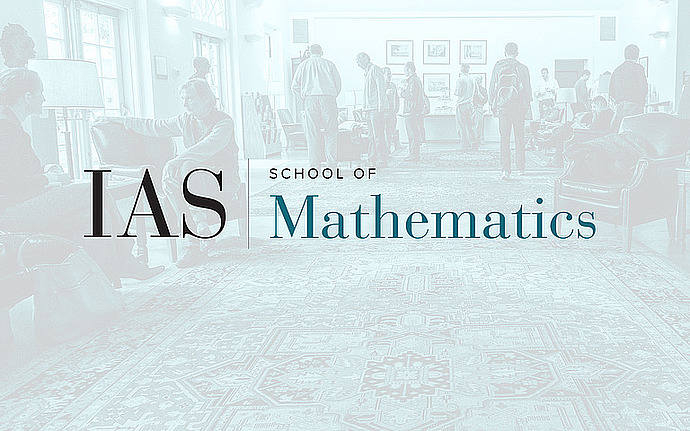
Computer Science/Discrete Mathematics Seminar I
Rounded Parallel Repetitions of Unique Games
We show a connection between the semidefinite relaxation of unique games and their behavior under parallel repetition. Denoting by val(G) the value of a two-prover unique game G, and by sdp(G) the value of a natural semidefinite program to approximate val(G), we prove that if sdp(G) > 1-delta, then val(G^ell) > 1 - sqrt{s*ell*delta}. Here, G^ell denotes the ell-fold parallel repetition of G, and s=O(log(k/\delta)), where k denotes the alphabet size of the game. For the special case where G is an XOR game (i.e., k=2), we obtain the same bound but with s as an absolute constant. Our bounds on s are optimal up to a factor of O(log(1/delta)). For games with a significant gap between the quantities val(G) and sdp(G), our result implies that val(G^ell) may be much larger than val(G)^ell, giving a counterexample to the strong parallel repetition conjecture. In a recent breakthrough, Raz (FOCS '08) has shown such an example using the max-cut game on odd cycles. Our results are based on a generalization of his techniques. Joint work with Boaz Barak, Moritz Hardt, Ishay Haviv, Anup Rao, and Oded Regev.